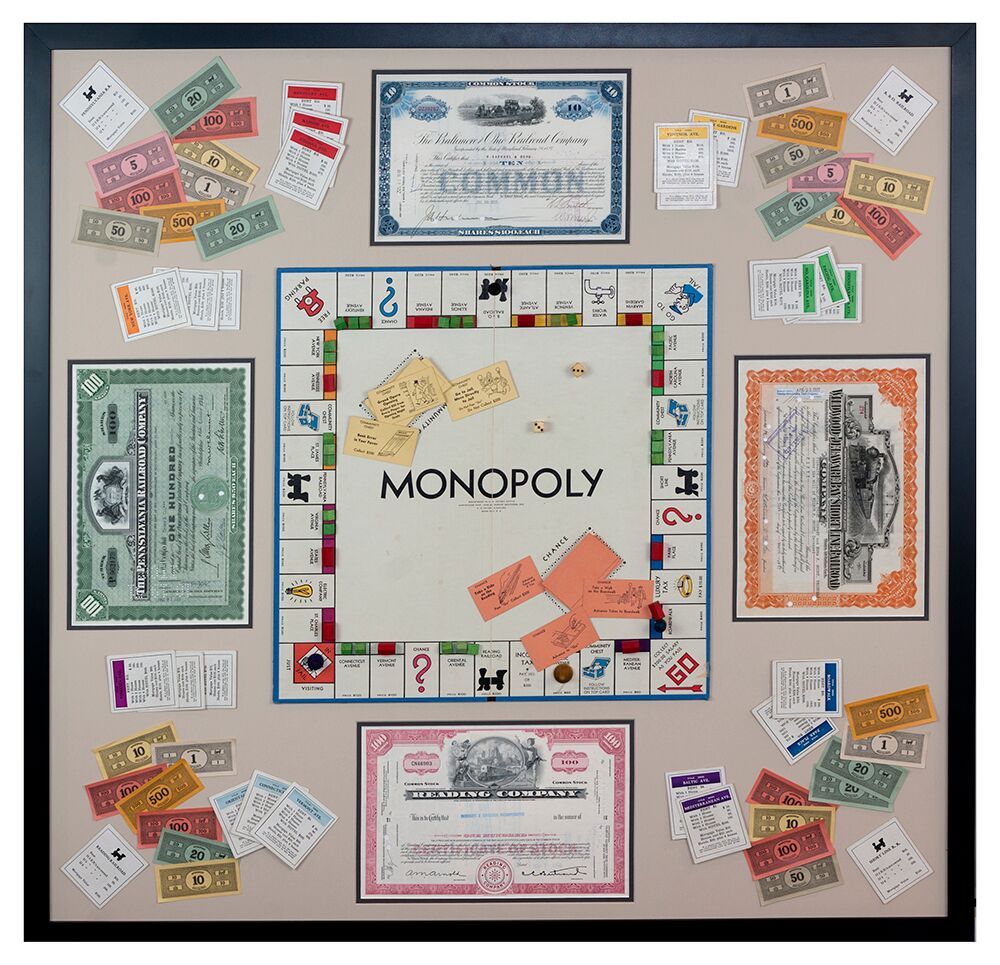The History of Monopoly

Monopoly is perhaps the most popular, discussed and recognizable game ever created. It is one game that, even in this digital age, is still enjoyed by millions of people throughout the world. There are even spin offs of the game manufactured covering any topic you can imagine.
Did you know that Lizzie Magie, a game designer, abolitionist, and anti-monopolist designed the Monopoly game in the early 1900s but with a different name, The Landlord's Game? Magie invented the game about 30 years before Charles Darrow came up with the idea, which he named Monopoly.
Magie, a progressive woman for her time, opposed prominent monopolists like John D. Rockefeller and Andrew Carnegie. Magie felt that monopolies prevented free market economies and thus, prohibited wealth creation. Her game was actually devised to show the poor effects of having wealth concentrated on a few people by establishing monopolies in business industries, like oil and real estate..
In the 1930s, Darrow, a heater salesman who lost his job during the stock market crash of 1929, devised a very similar game, under the name Monopoly, which he sold for millions to Parker Brothers while also reaping the rewards of royalties. Darrow was the first millionaire game designer in history, even though Chuck Todd showed Darrow the game in Atlantic City, New Jersey. Notice the properties on the board game involved Atlantic City names?
Although Darrow is credited with Monopoly's creation, Elizabeth Magie, the original inventor who came before Darrow, never received credit. As a matter of fact, she is rarely mentioned as having any involvement in the world's most popular board game.
Before Darrow approached Parker Brothers with the idea, Magie approached them on two separate occasions, 1910 and 1924. Her second meeting with Parker Brothers showed an improved, more detailed version. Unfortunately, they declined both times.
Of course, initially, Parker Brothers turned down Darrow's idea, too. But, after successful sales of the game to friends, family and others in Philadelphia reached Parker Brothers, they decided to purchase the game from him in 1935 and published it.
While Darrow gained fame and fortune through Monopoly, Magie made less than $500. Her real intent was strictly educational, teaching people about single tax theory. Although she died without much money and resented Parker Brothers and Darrow, she hoped people understood the negative effects of monopolies in wealth creation.
